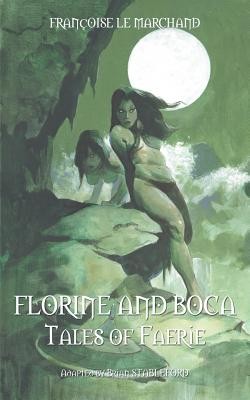
- We will send in 10–14 business days.
- Author: Francoise Le Marchand
- Publisher: Hollywood Comics
- ISBN-10: 1612278108
- ISBN-13: 9781612278100
- Format: 12.7 x 20.3 x 1.1 cm, softcover
- Language: English
- SAVE -10% with code: EXTRA
Reviews
Description
Françoise le Marchand deserves to be reckoned a significant, if slightly shadowy, figure in the revival of contes de fées in 1730s and 1740s France.
It is not obvious why either of the two novellas translated here, Florine (1713) and Boca (1735) had to be published illicitly, but it undoubtedly reflects the fact that the genre was effectively under a royal ban in the aftermath of the scandal that had caused Louis XIV to break up the coterie of female writers who pioneered it. Le Marchand could not have been unaware of the fact that the scandal involved allegations of lesbianism, and the two works presented here contain odd features, which might not be unconnected with that context. While a little eccentric in their construction, both works stand out for their imaginative imagery.
EXTRA 10 % discount with code: EXTRA
The promotion ends in 21d.00:09:46
The discount code is valid when purchasing from 10 €. Discounts do not stack.
- Author: Francoise Le Marchand
- Publisher: Hollywood Comics
- ISBN-10: 1612278108
- ISBN-13: 9781612278100
- Format: 12.7 x 20.3 x 1.1 cm, softcover
- Language: English English
Françoise le Marchand deserves to be reckoned a significant, if slightly shadowy, figure in the revival of contes de fées in 1730s and 1740s France.
It is not obvious why either of the two novellas translated here, Florine (1713) and Boca (1735) had to be published illicitly, but it undoubtedly reflects the fact that the genre was effectively under a royal ban in the aftermath of the scandal that had caused Louis XIV to break up the coterie of female writers who pioneered it. Le Marchand could not have been unaware of the fact that the scandal involved allegations of lesbianism, and the two works presented here contain odd features, which might not be unconnected with that context. While a little eccentric in their construction, both works stand out for their imaginative imagery.


Reviews